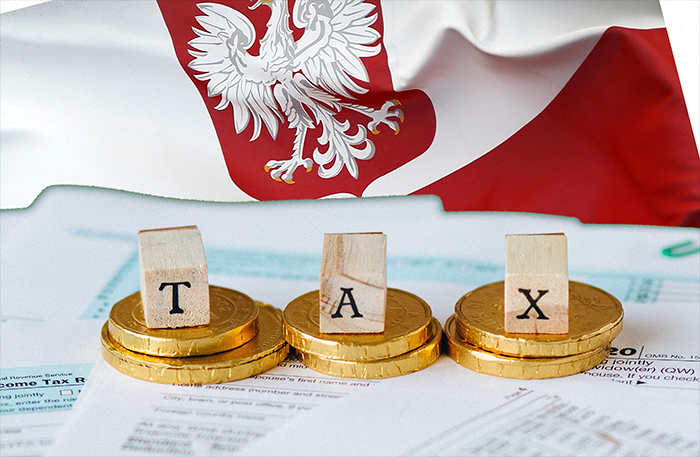Tax Foundation: Polish tax system in 36th place among 37 OECD countries
Among the 37 tax systems of the countries of the Organization for Economic Co-operation and Development (OECD), the Polish system was ranked 36th, only Italy achieved a worse result, according to the "International Tax Competitiveness Index" prepared by the Tax Foundation . Complexity turns out to be the biggest problem of the Polish tax system. Poland also performs poorly in terms of the tax base for taxation of consumption, which is related to the existence of a wide range of reduced VAT rates. First position, for the eighth time in a row, was taken by Estonia.
The index measures the quality of the tax system in five areas: corporate taxation, personal taxation, taxation of consumption, taxation of wealth and taxation rules for cross-border activities. It takes into account not only the level of rates (competitiveness), but also the complexity associated with numerous preferences and exceptions (neutrality).
The index does not take into account the aspect that is particularly acute for Polish taxpayers - the volatility of regulations and the uncertainty related to their adoption. Tax regulations in Poland are modified every now and then, which officially is often meant to 'patch' the gaps. What's worse, in recent years it has been a shameful tradition At the end of the calendar year, work on the tax and contribution changes, which would apply from January 1 of the following year, began this uncertainty is additionally increased by work on the tax act of the so-called Polish Order, which does not respond to the problem of the Polish tax system indicated by the Tax Foundation, overcomplicating. The amendment to the law, almost 260 pages long, does not give the impression of being uncomplicated, as indicated by tax advisors and tax law specialists, according to the Tax Foundation.
As the authors of the International Tax Competitiveness Index note, the tax system has a significant impact on the country's economic growth. A well-designed tax system allows taxpayers to easily calculate and pay levies due and provides funds to finance public expenditure. In turn, a bad tax system is burdensome for taxpayers and discourages them from productive activity, i.e. working and investing. The authors of the ranking assess the quality of the tax system through the prism of two aspects:
• competitiveness (marginal tax rates) - if the next earned unit is subject to a higher tax rate, it reduces the taxpayer's incentive to work or invest;
• neutrality - a neutral tax system is one that distorts the decisions of economic entities to the extent possible, eg by rewarding consumption instead of saving or investing in some sectors at the expense of others, it was also indicated.
The Achilles' heel of the Polish tax system turns out to be complexity. the complexity of its place are: 28th (corporate taxation), 30th (taxation of natural persons) and 37th (taxation of consumption).









